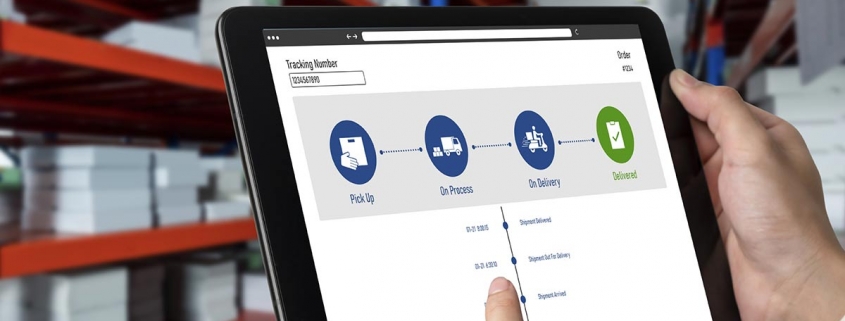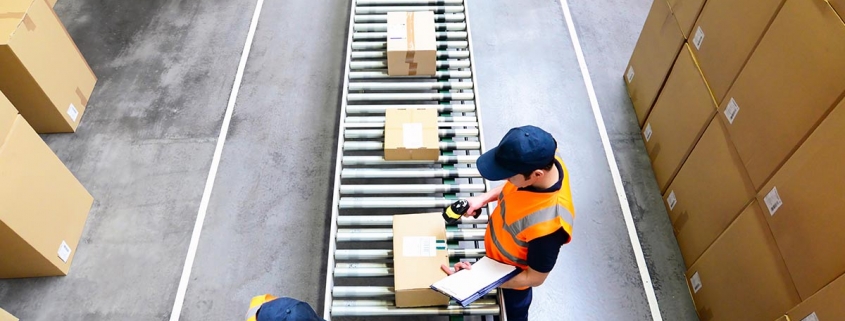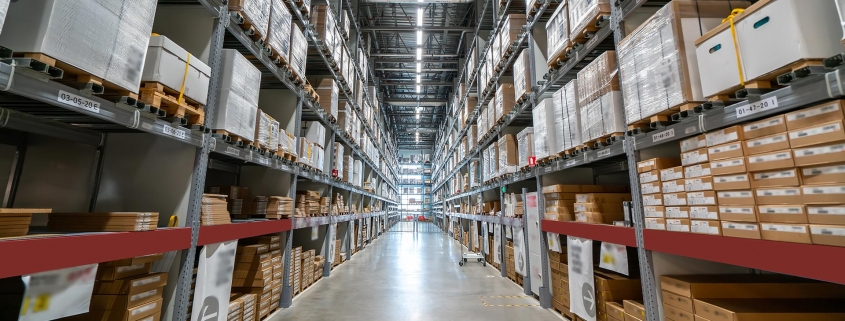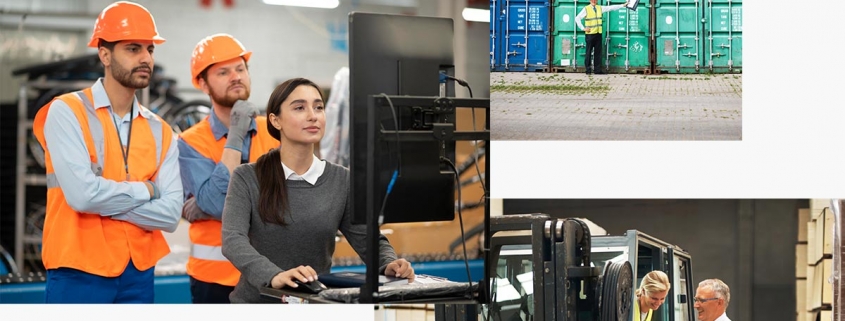? #SupplyChainFinance #CurrencyRisk #GlobalLogistics
Hello everyone! Today, we’re decoding supply chain finance and currency risk management in global logistics.
In international logistics, finance and currency risks are crucial factors to consider. Supply chain finance involves the flow of funds and payments, which are vital for maintaining the stability of logistics operations. Currency risk is related to exchange rate fluctuations and can impact costs and profits.
Effective supply chain finance management ensures timely funding and optimizes operational efficiency. Currency risk management helps mitigate the adverse effects of exchange rate fluctuations on businesses, ensuring a balanced financial position.
In the context of globalization, it’s important to pay attention to and prudently manage these risks to ensure the smooth operation and sustainable development of international logistics.
#SupplyChainManagement #FinancialStrategies #CurrencyExchange









